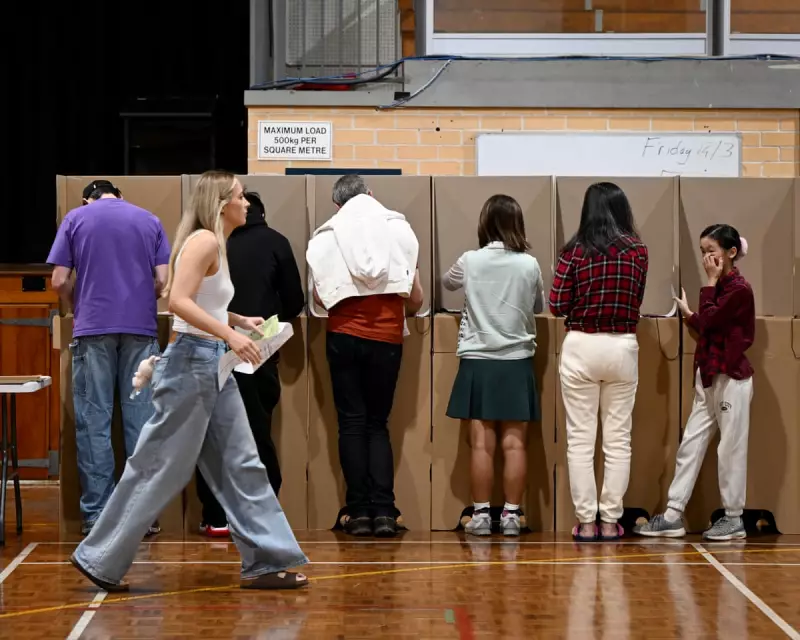
In the heart of Victoria's political battleground, Mary and Joe represent the most coveted prize in Australian democracy: the undecided voter. With the state election looming, these ordinary citizens have become the central focus of campaign strategists and political leaders alike.
The Weight of Indecision
Mary, a 42-year-old primary school teacher from Melbourne's suburbs, embodies the careful consideration many Australians are giving to their vote. "I'm genuinely torn," she confesses. "I voted for the current government last time, but I'm not convinced they've delivered on their promises."
Her husband Joe, a small business owner, shares her uncertainty. "The cost of living crisis is hitting us hard, and I'm not hearing enough concrete solutions from either side. It's not about party loyalty anymore—it's about who can actually fix things."
What Swing Voters Really Want
Political analysts identify several key factors influencing Victoria's undecided voters:
- Economic stability: With inflation and interest rates dominating household budgets
- Healthcare access: Particularly post-pandemic concerns about hospital capacity
- Infrastructure delivery: Promises versus reality in transport and services
- Climate action: Balancing environmental concerns with economic impacts
The Campaign Battle for Hearts and Minds
Both major parties have recalibrated their messaging to target these crucial voters. Campaign stops in marginal seats have multiplied, with leaders emphasising kitchen-table issues rather than ideological battles.
"The undecided voters like Mary and Joe aren't politically disengaged—they're deeply thoughtful," explains University of Melbourne political professor Sarah Chen. "They're weighing policies against their lived experience, and they're not easily swayed by slogans or scare campaigns."
A Microcosm of National Trends
Victoria's undecided voters reflect a broader national shift away from traditional party allegiances. The rise of issue-based voting means that campaigns must work harder to earn every vote.
As election day approaches, Mary and Joe continue their research, attending local forums and discussing policies with friends. "We'll make our decision," Mary says, "but it has to feel right for our family and our community."
In the final weeks of the campaign, these voters hold more power than they realise—their collective decision could determine Victoria's political direction for years to come.





